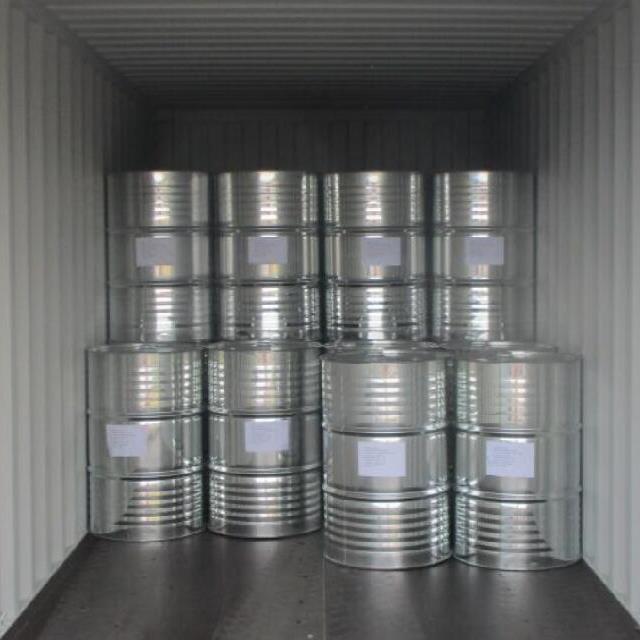
In the world of baking, the quest for the perfect loaf of bread often leads to the exploration of various ingredients and their roles. One such ingredient that has garnered attention is Propylene Glycol. Known for its versatility, Propylene Glycol acts as an effective emulsifier in bread making, enhancing texture, moisture retention, and overall quality. This article delves into the science behind Propylene Glycol and its significant impact on the bread-making process.
The Role of Emulsifiers in Bread Making
Understanding Emulsifiers
Emulsifiers are substances that help blend ingredients that typically do not mix well, such as oil and water. In bread making, emulsifiers play a crucial role in improving dough stability, texture, and shelf life. They work by reducing the surface tension between different ingredients, allowing for a more uniform mixture.
Importance of Emulsifiers in Baking
Emulsifiers are essential in baking because they enhance the dough's ability to trap air, resulting in a lighter and fluffier bread. They also help in retaining moisture, preventing the bread from becoming stale too quickly. Additionally, emulsifiers contribute to the overall mouthfeel and palatability of the final product.
Propylene Glycol: A Versatile Emulsifier
What is Propylene Glycol?
Propylene Glycol is a synthetic liquid substance that absorbs water. It is commonly used in the food industry as an emulsifier, stabilizer, and humectant. Its ability to blend with both water and oil makes it an ideal ingredient in various food products, including bread.
How Propylene Glycol Works in Bread Making
In bread making, Propylene Glycol acts as an effective emulsifier by ensuring a uniform distribution of ingredients. It helps in creating a stable dough structure, which is essential for achieving the desired texture and volume in the final product. By reducing the surface tension between water and oil, Propylene Glycol allows for a smoother and more consistent dough.
Benefits of Using Propylene Glycol in Bread Making
Enhanced Texture and Volume
One of the primary benefits of using Propylene Glycol in bread making is the enhanced texture and volume it provides. The emulsifying properties of Propylene Glycol help in creating a dough that can trap more air, resulting in a lighter and fluffier bread. This is particularly important for achieving the perfect crumb structure in artisanal and commercial bread.
Improved Moisture Retention
Another significant advantage of Propylene Glycol is its ability to retain moisture. Bread made with Propylene Glycol tends to stay fresher for longer periods, as the ingredient helps in preventing moisture loss. This is especially beneficial for commercial bakeries looking to extend the shelf life of their products without compromising on quality.
Consistency and Stability
Consistency and stability are crucial factors in bread making, especially for large-scale production. Propylene Glycol ensures that the dough remains stable throughout the mixing, proofing, and baking processes. This consistency translates to a uniform product, batch after batch, which is essential for maintaining brand reputation and customer satisfaction.
Safety and Regulations
Is Propylene Glycol Safe?
Propylene Glycol is generally recognized as safe (GRAS) by the U.S. Food and Drug Administration (FDA) when used in accordance with good manufacturing practices. It is widely used in the food industry, and numerous studies have confirmed its safety for consumption in regulated amounts.
Regulatory Guidelines
Various regulatory bodies, including the FDA and the European Food Safety Authority (EFSA), have established guidelines for the use of Propylene Glycol in food products. These guidelines ensure that the ingredient is used within safe limits, providing consumers with high-quality and safe food products.
Conclusion
Propylene Glycol plays a pivotal role as an effective emulsifier in bread making. Its ability to enhance texture, improve moisture retention, and ensure consistency makes it a valuable ingredient in the baking industry. By understanding the science behind Propylene Glycol and adhering to regulatory guidelines, bakers can leverage its benefits to produce superior quality bread that delights consumers. As the quest for the perfect loaf continues, Propylene Glycol stands out as a key player in achieving baking excellence.











